The Twilight Zone What You Need (1959–1964) Online
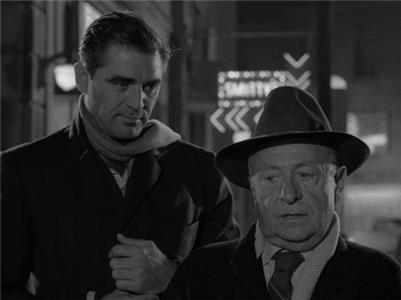
An old man comes to the same bar every night to peddle his wares. He tells the clients what it is they need before they realize they need it. Moments after telling a washed up major league pitcher he needs a ticket to Scranton, Pennsylvania he gets a phone call offering him a job there. When the old man tells him he needs a pair of scissors, Fred Renard scoff at him but and when his scarf is caught in an elevator door, he's glad the old man was right. Renard, who has wasted most of his 36 years on Earth, decides to capitalize on the old man's gift.
| Episode complete credited cast: | |||
| Steve Cochran | - | Fred Renard | |
| Ernest Truex | - | Pedott | |
| Read Morgan | - | Lefty | |
| Arlene Martel | - | Girl in Bar (as Arline Sax) | |
| William Edmonson | - | Bartender | |
| Doris Karnes | - | Woman | |
| Fred Kruger | - | Man on Street | |
| Norman Sturgis | - | Hotel Clerk |
When the leaky pen drips ink on the newspaper, indicating which horse Renard should bet on, if you look closely you will see among the names of the jockeys Clemens, Houghton, Denault and Serling; George T. Clemens was the director of photography in this episode, Buck Houghton was producer, Edward O. Denault was assistant director, and Rod Serling created it.
Original story featured a machine that could foretell an individual's probable future. Rod Serling replaced this science-fiction element with a street peddler who could magically perform the same function.
When the bellboy brings the newspaper, The Daily Chronicle, to Fred Renard, the headline is seen to read "H-Bomb Capable of Total Destruction." This is the same newspaper prop used in La dimensión desconocida: Time Enough at Last (1959).
"What You Need" inspired the song of the same name by British post-punk band The Fall from their acclaimed 1985 album 'This Nation's Saving Grace'.
After Serling's introduction of Renard, the establishing scene ends with a shot of Renard at the end of the bar. On the wall behind him is a poster which says "Nightmare", an omen of events to come.
French title : Je sais ce qu'il vous faut.
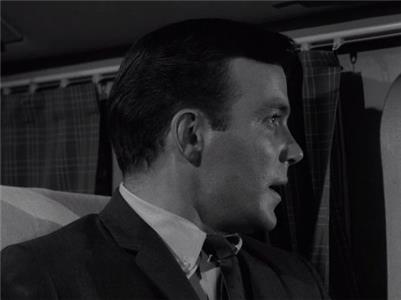

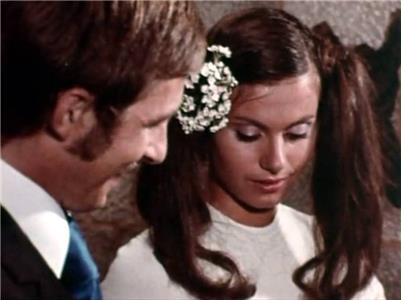
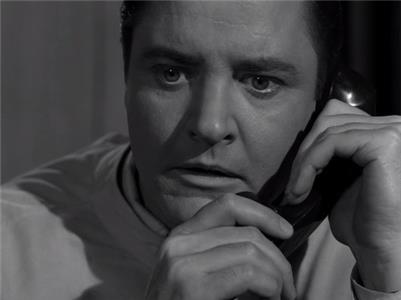
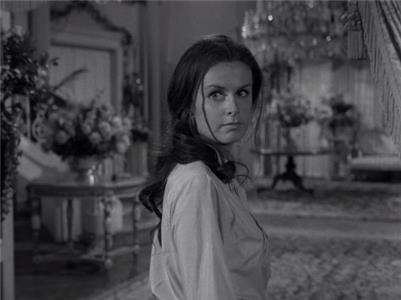
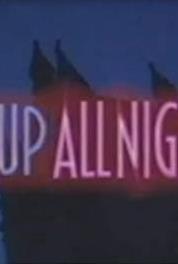

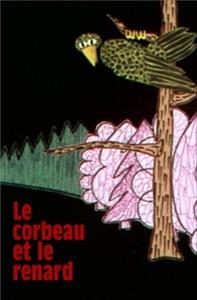
User reviews